Like this NPR article about "misinformation." NPR asserts
In between posts selling anti-wind yard signs and posts about public meetings opposing local wind projects, there were posts that spread false, misleading and questionable information about wind energy.
NPR sent Facebook a sampling of the posts from anti-renewable community pages. Facebook spokesman Kevin McAlister said in an emailed statement, "We take action against content that our fact-checking partners rate false as part of our comprehensive strategy to keep viral, provably false claims from spreading on our apps. The examples shared with us don't appear to meet that threshold as they have only even been shared a handful of times over a period of several years."
Congress shall make no law respecting an establishment of religion, or prohibiting the free exercise thereof; or abridging the freedom of speech, or of the press; or the right of the people peaceably to assemble, and to petition the Government for a redress of grievances.
Thinkpol are no longer scary fiction. They're here, and they infiltrate every segment of our society. But no matter how hard they try, they will never erase independent thought.
There's more "misinformation" spread by renewable energy and transmission proponents than by its opposition. But control comes from claiming Thinkpol status and making biased determinations of what is true or false. It's not about facts though, it's about opinion. It's about erasing those thoughts that don't agree with the government's determination that you must sacrifice your home and your property so that other people can benefit without sacrificing their own homes and property. It's sanctimonious elitism at its finest.
But the people will continue to resist. An epic battle is brewing. Who will win is not as important as who will lose. We all lose when land use battles waste enormous amounts of money, time and energy. But what if we never have this battle at all? What if all the effort currently being poured into censorship and propaganda was instead directed at developing new energy solutions that didn't require any sacrifice? Smaller, localized energy sources where the impacts are visited on the beneficiaries have been rejected in favor of massive production and massive impacts. Why? Because certain elite are going to make massive profits owning and operating them. This includes new electric transmission, where there's lots of money to be made by creating a "need" that wouldn't exist if energy was produced where it is used.
Censorship and propaganda is eroding our basic freedoms, but it can never truly control our thoughts or our right to peaceably assemble and petition our government for a redress of grievances. There are better options than continuing our messy slide down the very slippery slope to totalitarianism.
Think about it... while you still can.
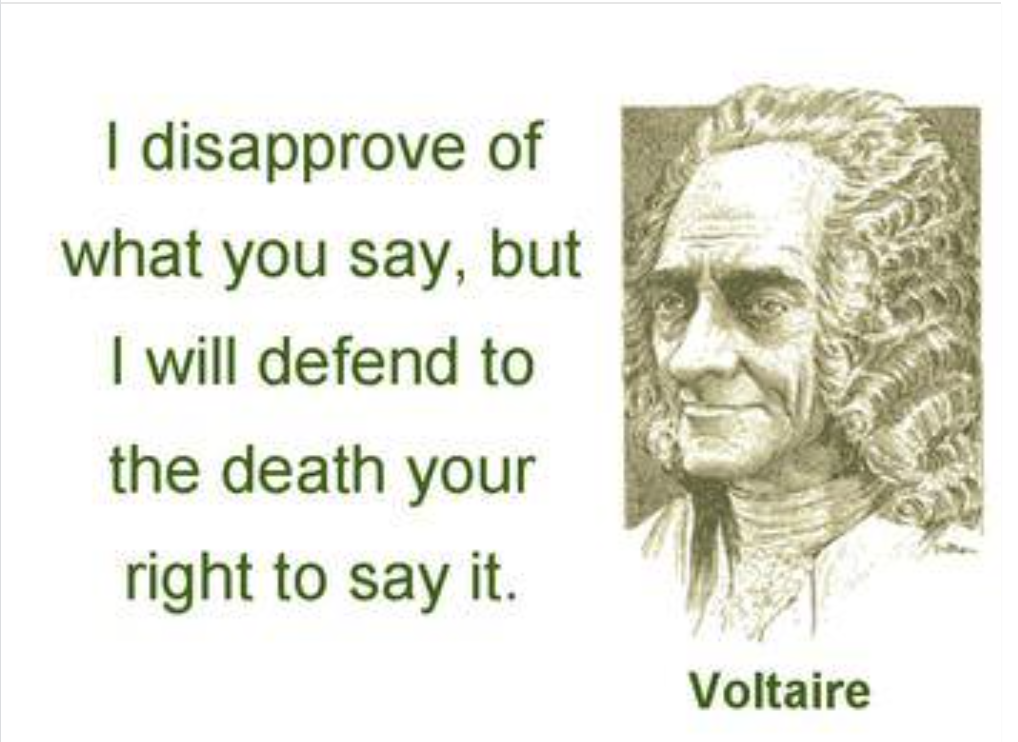

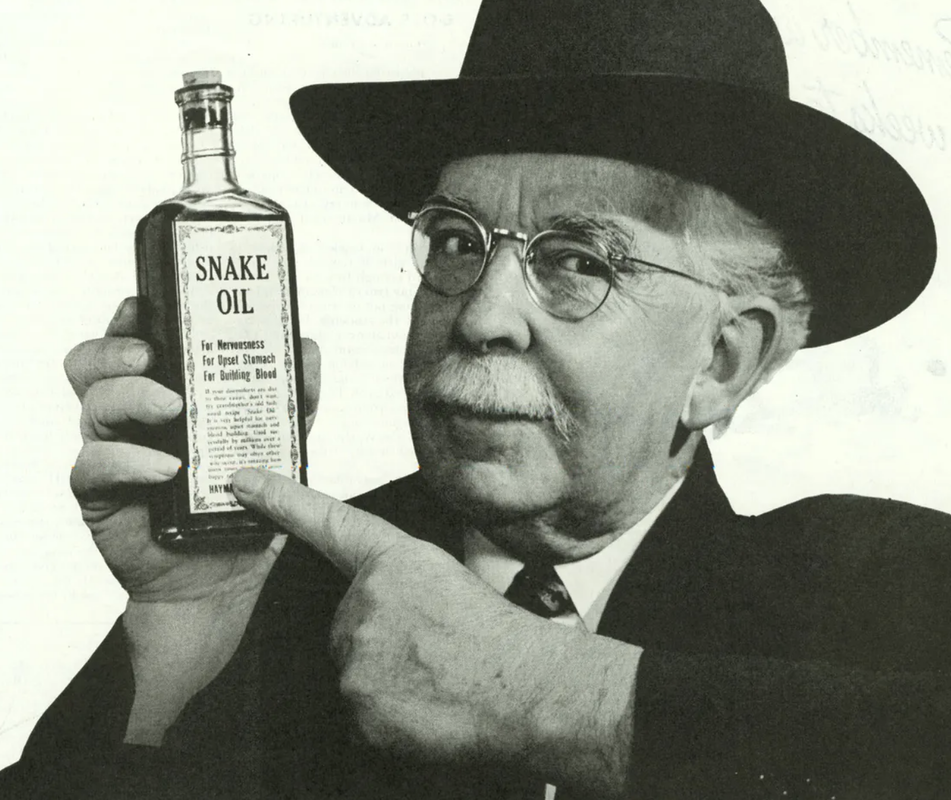
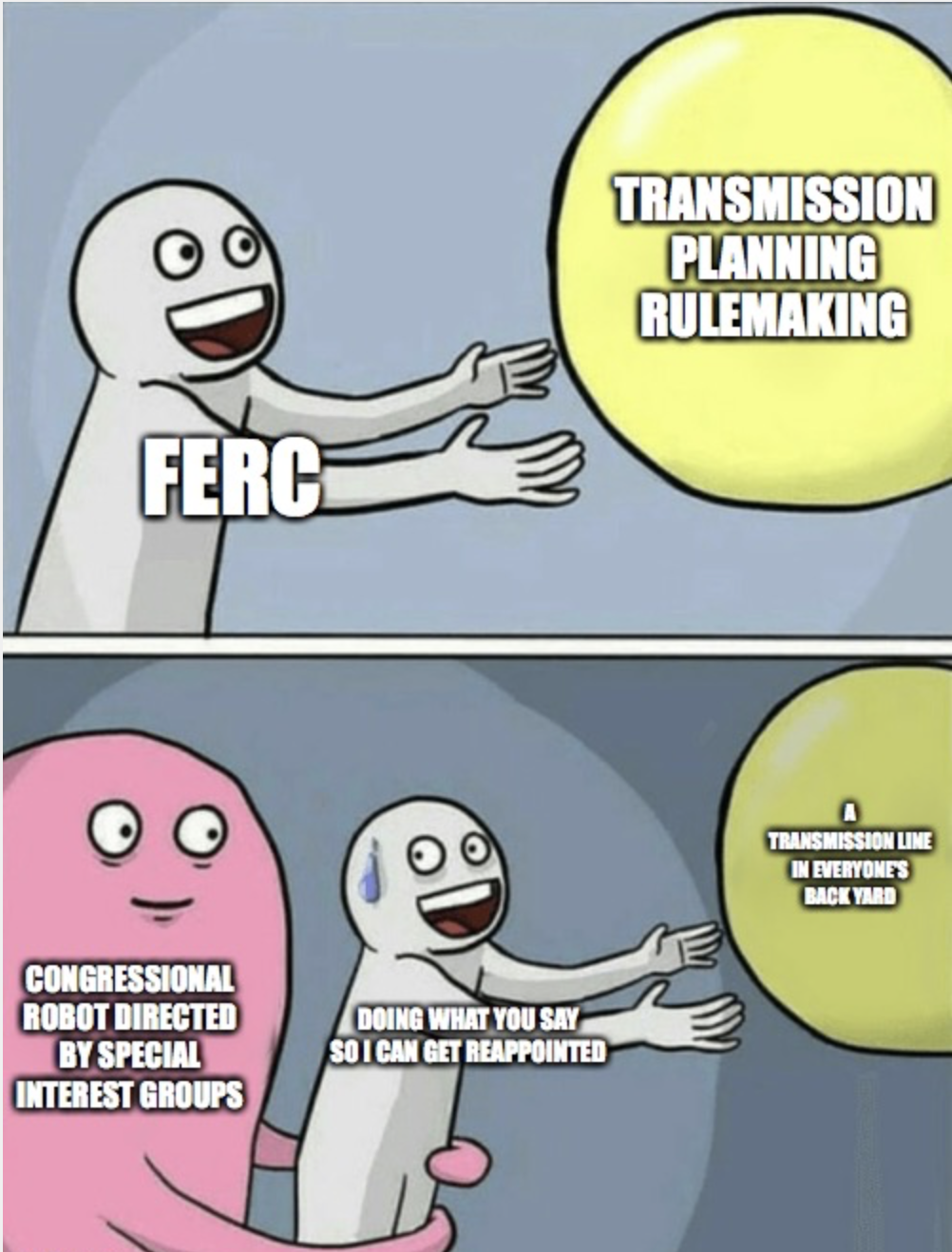
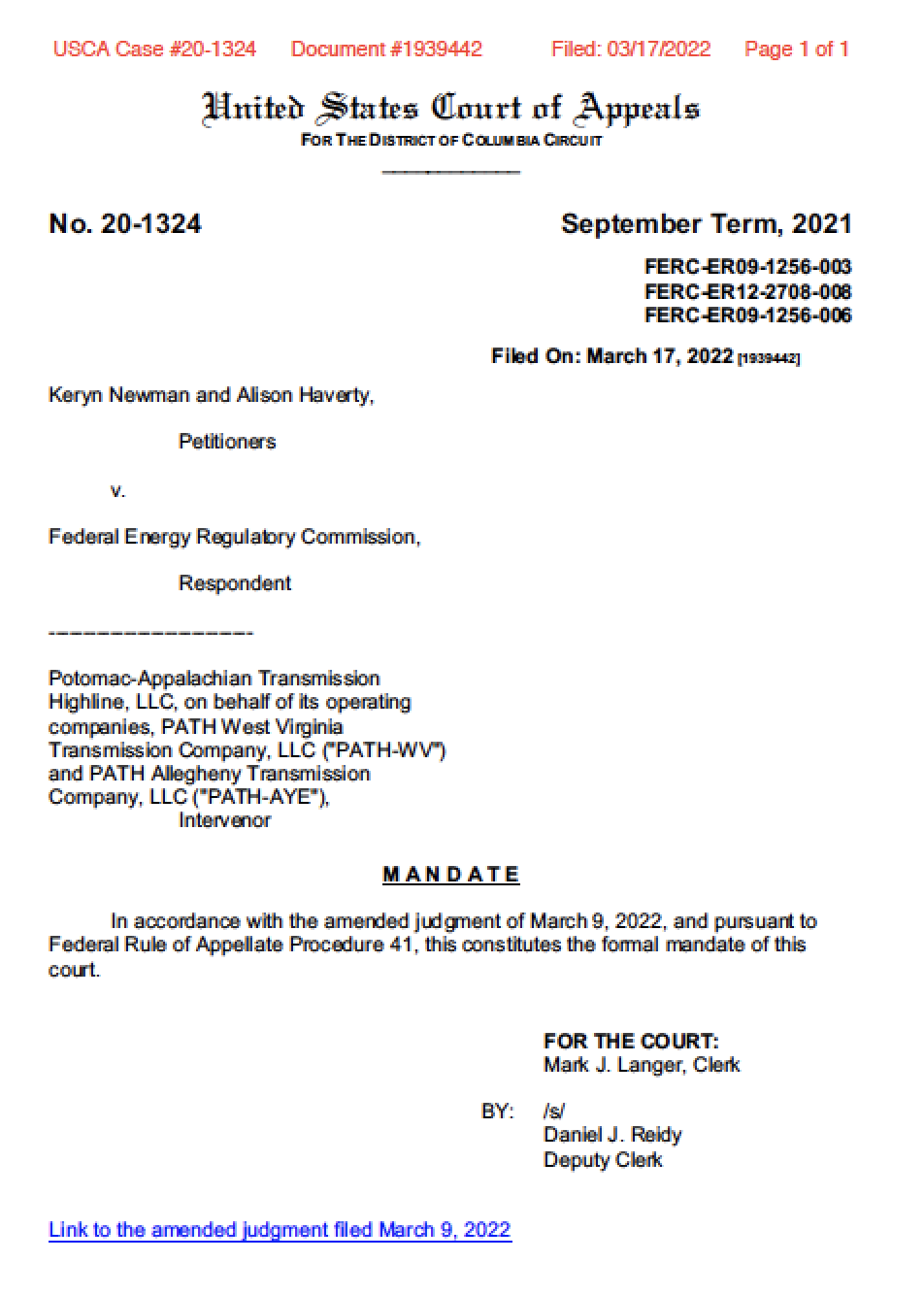
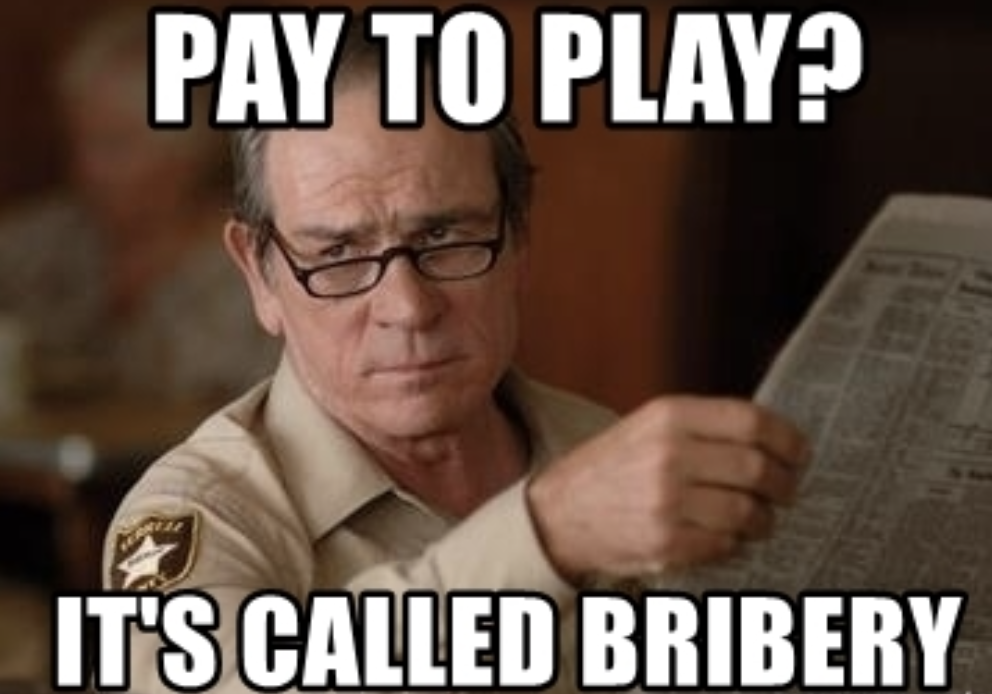

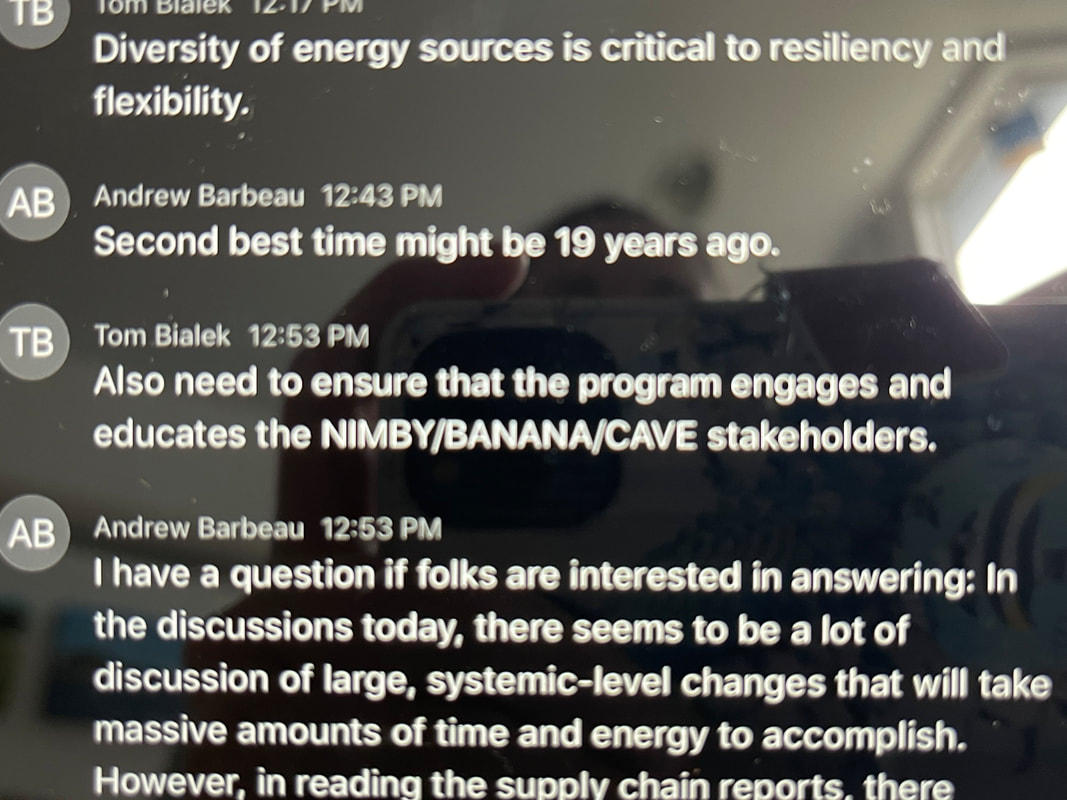
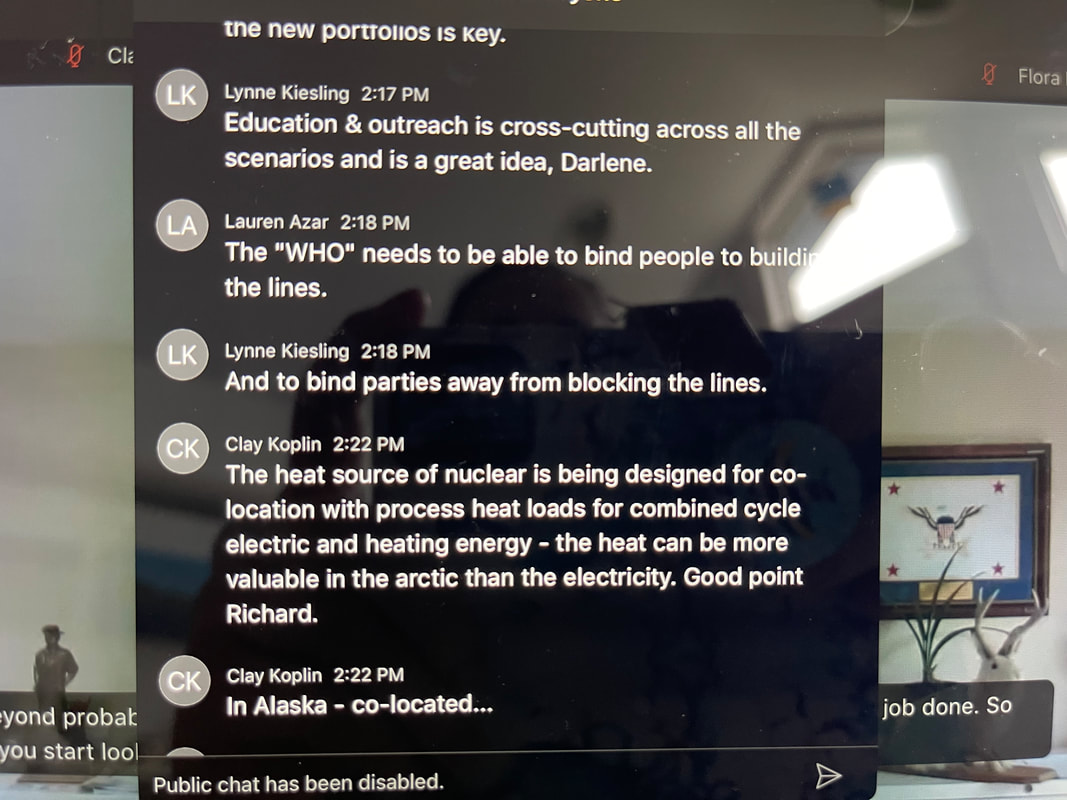
 RSS Feed
RSS Feed